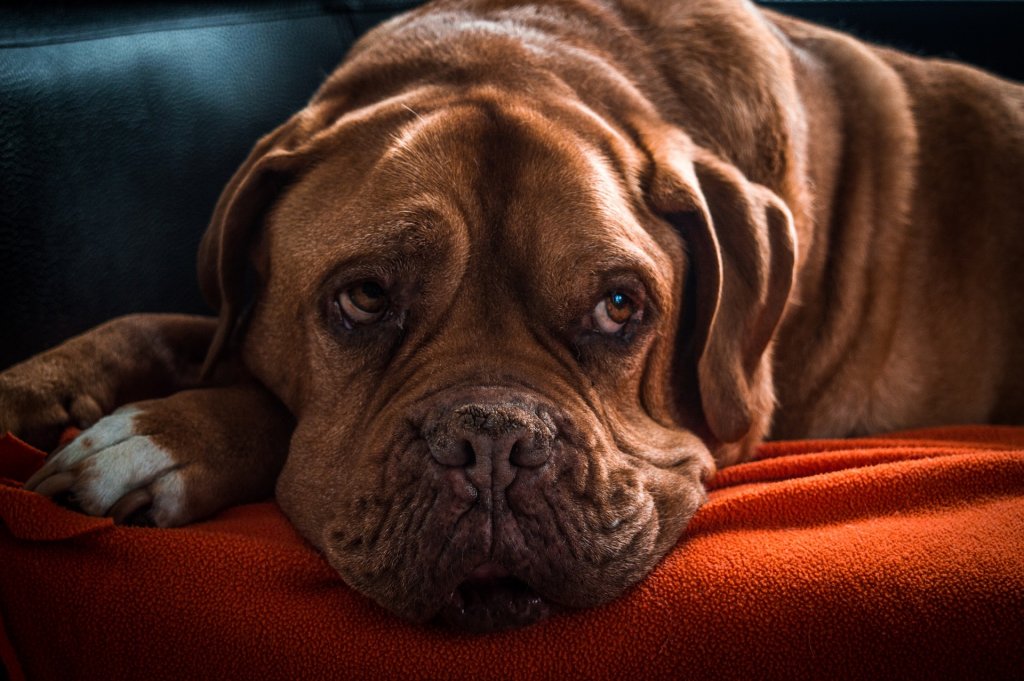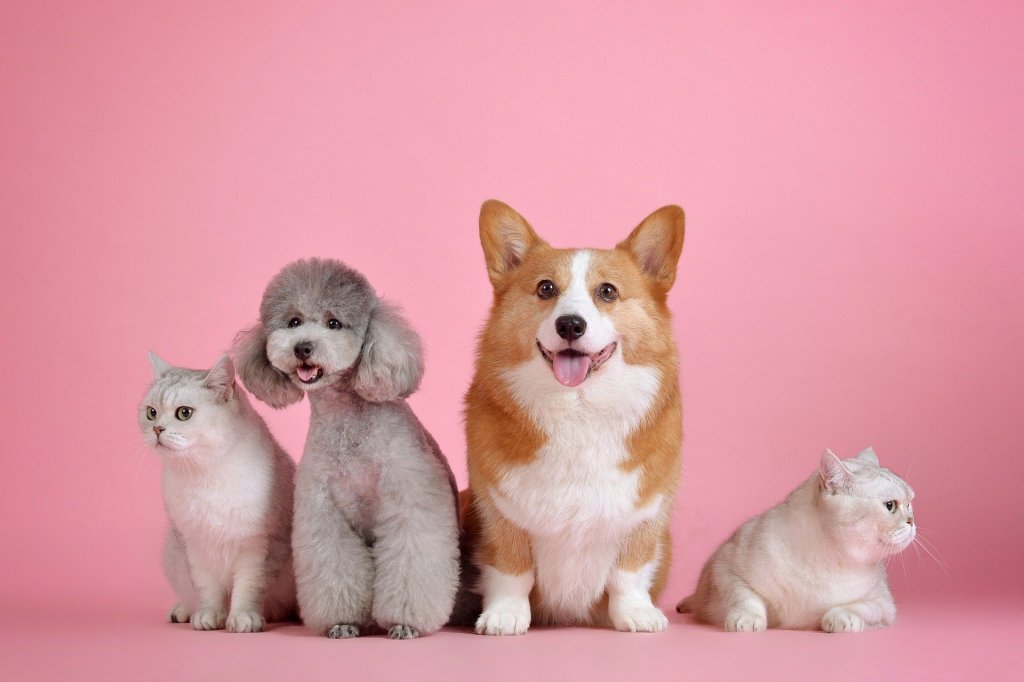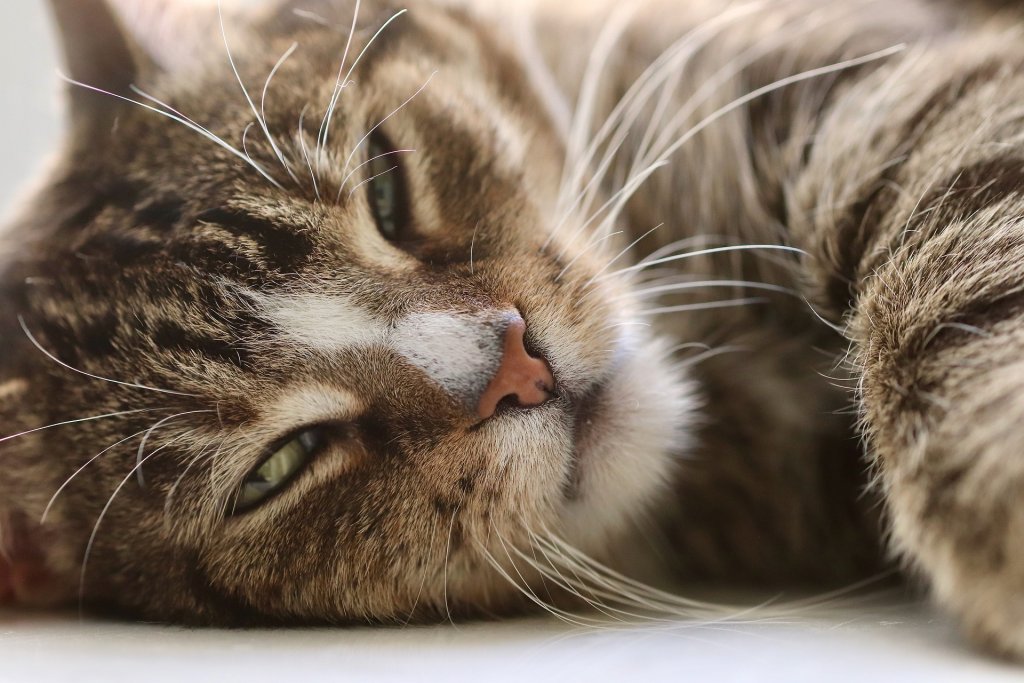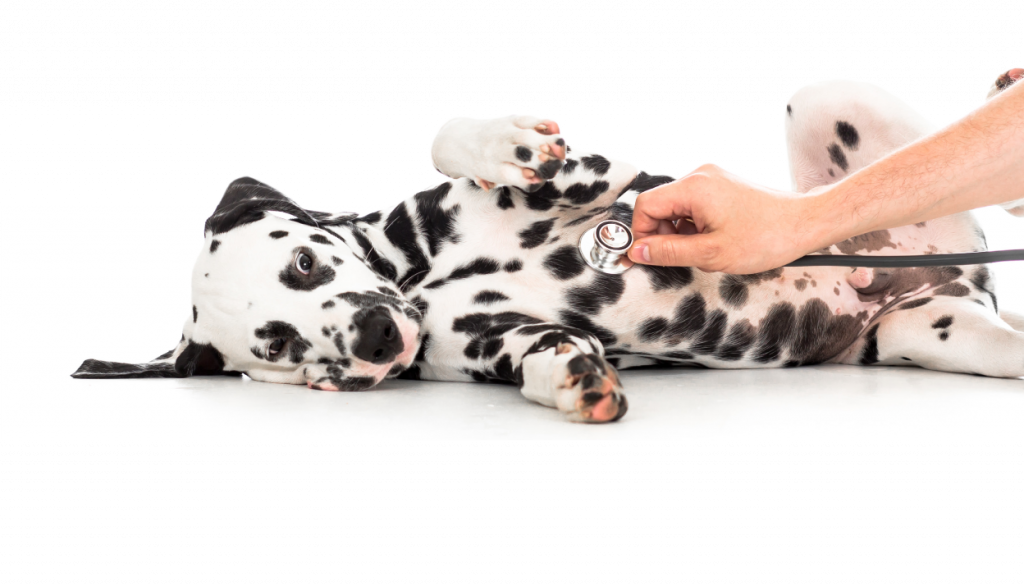Veterinary Diets - Frequently Asked Questions
23. August, 2021
Has your veterinarian prescribed a veterinary diet for your dog or cat? Even if
they explained why it’s necessary when you were in their clinic, perhaps you
still have a few questions.
This article offers answers to some of the more common questions regarding the use of veterinary diets (for either a dog or a cat).
1. What exactly is a veterinary diet?
A veterinary diet can be dry or wet food that is formulated to assist in treating various health problems (such as digestive issues, obesity, etc.), or that helps maintain the best possible condition of an animal diagnosed with a chronic condition (such as kidney failure or diabetes). Today, veterinary diets lie somewhere between medicine and food, and help support medical treatment in the most natural way. It’s a special food whose primary purpose is to help a sick dog or cat to regain their health or to maintain it in the best possible condition, significantly improving their quality of life.
2. My dog/cat has a problem - can I “self-prescribe” a diet?
 We understand that you have the best of intentions, but do not feed your pet a veterinary diet without consulting with your veterinarian. Prescribing a veterinary diet is at their discretion, based on a thorough clinical examination. What at first glance might appear to be a digestive issue might actually be a sign of liver damage, for example. Diets are part of treatment plans, and your dog or cat should be under the supervision of a veterinarian when switching to a special diet.
We understand that you have the best of intentions, but do not feed your pet a veterinary diet without consulting with your veterinarian. Prescribing a veterinary diet is at their discretion, based on a thorough clinical examination. What at first glance might appear to be a digestive issue might actually be a sign of liver damage, for example. Diets are part of treatment plans, and your dog or cat should be under the supervision of a veterinarian when switching to a special diet.
3. We’ve got more than one dog/cat at home who eat out of each other’s bowls - can I let the others eat the diet?
Approach a veterinary diet like medicine - you wouldn’t give your healthy dog or cat antibiotics, would you? We understand that coordinating the feeding of a pack of animals can be difficult. However, you should prevent not only the sick pet from eating from the bowls of healthy pack members, but vice versa.  With dogs, it’s generally fairly easy if you feed them once or twice a day. The easiest thing to do is feed the dog with the health problems in a different room, where they can eat in peace. You can then discard anything left in their bowl.
With dogs, it’s generally fairly easy if you feed them once or twice a day. The easiest thing to do is feed the dog with the health problems in a different room, where they can eat in peace. You can then discard anything left in their bowl.
With cats, it’s a bit more difficult - with their fast metabolism, they need to eat small amounts several times a day, and most people leave out bowls of dry food for them. The solution is to get rid of the “buffet” and feed them several times a day, and always put the leftovers away. Another solution is to buy a special food bowl that only opens when the animal with the corresponding microchip is nearby.
4. Do Calibra diets contain good ingredients? Is it a high-quality food?
We’re glad that you consider quality and composition when choosing a food for your pet. As we mentioned above, veterinary diets are special foods that are used as part of an overall treatment plan. The most important criterion is the food’s functionality. In the case of Calibra veterinary diets, you can be sure that they are formulated down to the smallest detail to ensure that they provide support during treatment or for the lifelong maintenance of the best possible quality of life of your dog or cat. They have been developed by veterinarians specializing in animal nutrition, and every component of these foods (from the selection of meat to the functional additives) has a specific purpose. We focus not only on the functional aspect of these ingredients, but also on their quality and excellent digestibility.
It’s commendable that when looking for a food for a healthy dog, you make sure that meat comes first, and then high-quality sources of fats, fiber, and carbohydrates. In the case of veterinary diets and a sick animal, the nutritional requirements can vary, and some diets have rice as their primary ingredient, such as the diet for animals with kidney disease, to help relieve failing organs. Of course, high-quality sources of protein are also used, such as eggs. The composition of veterinary diets cannot be judged using the same criteria as for normal foods.
5. My dog/cat doesn’t like the taste of the diet the vet prescribed for him - what should I do?
Although we do everything possible to ensure that Calibra veterinary diets are tasty, this problem can happen anytime. It’s often linked with the animal’s current state of health - lack of appetite is a common symptom of many diseases. Fortunately, for some of our recipes, we offer not only a dry food version, but also a wet version in the form of canned food. You can feed your pet this as a complete, separate diet, or use it to flavor the veterinary dry food. Also consider soaking the dry food just before feeding time or adding oils and broth - but always check first with your veterinarian - with some diagnoses, this may be contraindicated.
is a common symptom of many diseases. Fortunately, for some of our recipes, we offer not only a dry food version, but also a wet version in the form of canned food. You can feed your pet this as a complete, separate diet, or use it to flavor the veterinary dry food. Also consider soaking the dry food just before feeding time or adding oils and broth - but always check first with your veterinarian - with some diagnoses, this may be contraindicated.
6. When can I switch from the veterinary diet back to normal food?
Consult with your veterinarian before making any change in food or diet. If there’s anything that our animals do well, it’s to act like there’s nothing wrong. It’s a natural thing for carnivores to do - in the wild, they can’t let others know that they’re weak. Correcting metabolic processes takes time. If your animal companion had, for example, digestive issues that have already disappeared, it doesn’t automatically mean that their digestion and intestinal microflora are back to normal.
An important factor is whether you’re trying to resolve an acute or a chronic problem with the diet. Some types of veterinary diets are used throughout the dog’s life - such as renal diets for kidney failure, or hypoallergenic food for food allergies.
7. Why are Calibra veterinary diets only available through veterinarians?
 Are you asking why Calibra veterinary diets aren’t available in normal pet shops or e-shops? As we mentioned above, veterinary diets are part of a treatment plan that should always be supervised by your veterinarian. The use of clinical diets should always be based on a recommendation from a veterinarian who has evaluated your pet’s condition and made a diagnosis. Many pathological conditions have very similar symptoms or even identical symptoms, and a layman’s diagnosis with an incorrectly chosen diet could make the animal’s condition even worse.
Are you asking why Calibra veterinary diets aren’t available in normal pet shops or e-shops? As we mentioned above, veterinary diets are part of a treatment plan that should always be supervised by your veterinarian. The use of clinical diets should always be based on a recommendation from a veterinarian who has evaluated your pet’s condition and made a diagnosis. Many pathological conditions have very similar symptoms or even identical symptoms, and a layman’s diagnosis with an incorrectly chosen diet could make the animal’s condition even worse.
In addition, the veterinarian’s work doesn’t end with the diagnosis - they will continue to monitor your pet’s condition and the effectiveness of the chosen treatment. Regular check-ups are essential to evaluate the effectiveness of the prescribed food.
